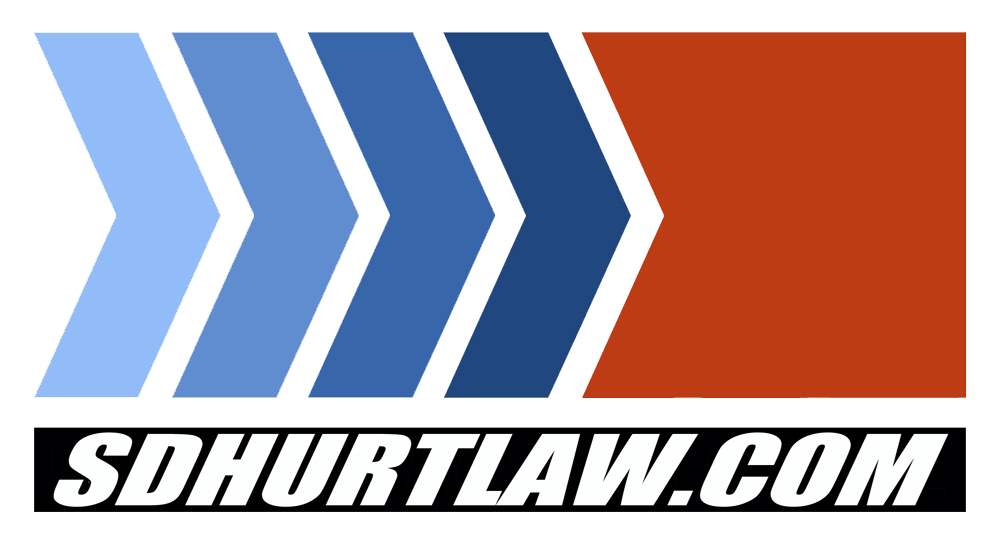The LHWCA offers compensation and medical care to employees disabled from injuries that occur on the navigable waters of the United States, or in adjoining areas customarily used in loading, unloading, repairing, or building a vessel. The Longshore Act also offers benefits to dependents if the injury causes the employee’s death. The term “injury” includes occupational disease arising out of employment.
In order for a work-injury to qualify for coverage under the Longshore Act the injury must have happened at a covered job, the injured work must be a covered employee, and the employer must be a covered maritime employer.
The Longshore Act covers employers who employ workers for maritime work or in a maritime occupation, either full or part-time, on the navigable waters of the United States or in adjoining waterfront areas. These covered jobs include work that takes place at the following locations:
- All navigable waters of the United States;
- adjoining pier;
- wharf;
- dry dock;
- terminal;
- building way;
- marine railway;
- other adjoining area used normally by an employer for loading, unloading, repairing, dismantling, or building a vessel.
Employees whose work injuries are covered under the Longshore Act include those involved in the following occupations:
- Longshoremen or anyone engaged in longshoring operations;
- winch operators;
- hold men;
- clerks and checker;
- dock men;
- forklift operators;
- wharehousemen performing any tasks related to longshoring operations;
- harbor workers;
- shipbuilders;
- ship repairmen;
- ship breakers;
- pile drivers and anyone constructing piers, wharves, sewer outfalls, or any facility used as an aid to navigation or maritime commerce.




